
See you again soon – maybe on a youth exchange somewhere in Europe? ☺ #UkraineGoesGlobal
In December 2017, I went to teach children English at a high school in the Ukrainian town of Snihurivka, through the organisation “Go Global”. During my short, three-week stay, some of the pupils I taught were asking me about the opportunities to go abroad through the Erasmus+ programme. That brought me to the idea to organise a presentation about EU-Ukrainian relations, the EU Neighbours east programme and #ErasmusPlus opportunities for youth. The English language teacher at my school helped me to organise the event and also invited pupils from the Gymnasium (secondary school) in Snihurivka and two other neighbouring schools. I gave the presentation in English and some of the pupils – Anya, Kristina and Daniil – helped me to translate it into Ukrainian.
In the first part, we talked about relations between the EU and Ukraine and about particular areas of common cooperation, such as the fight against corruption, projects on energy efficiency and EU support to internally displaced persons from war zones in Ukraine, as well as about the opportunities for youth and education staff through Erasmus+.
“I want to say that I really liked this event because I learned a lot about the European Union and about Ukraine’s relations with other countries.”
Sergej, 14 years old
I explained that through this programme you can study abroad, or take part in the European Voluntary Service or different youth exchanges. Kristina and Anya read out the experiences of Katheryna and Sasha, my two Ukrainian friends, who had already taken part in the Erasmus+ programme. The presentation was based on questions that I received from the pupils during the three weeks in Snihurivka.
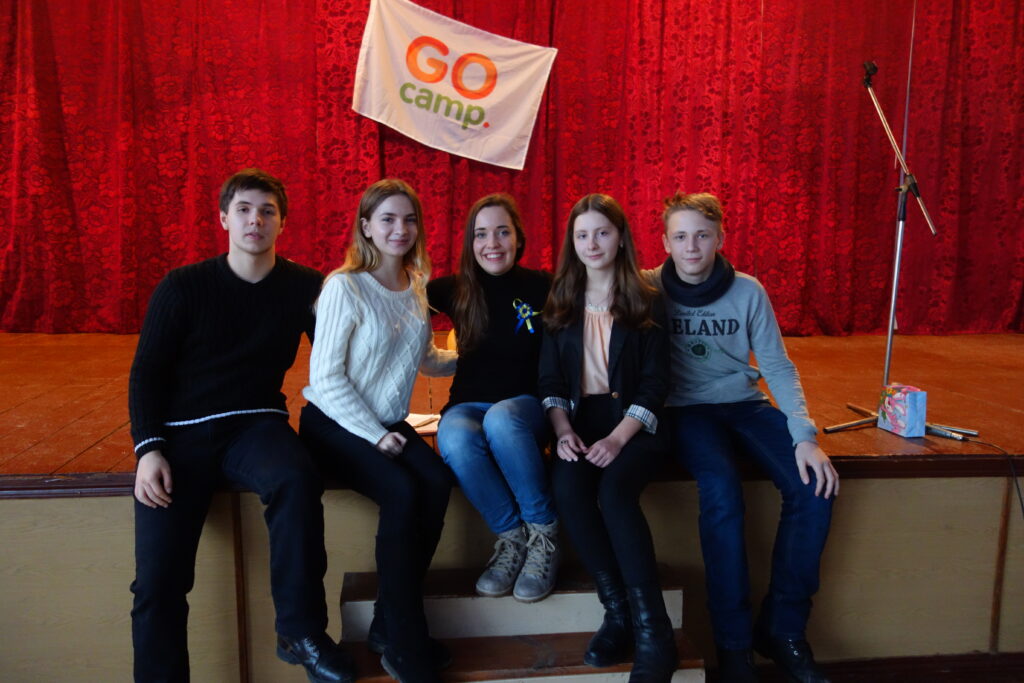 #UkraineGoesGlobal
#UkraineGoesGlobal
How can I take part in Erasmus+ and study abroad for a semester?
If you want to take part in the Erasmus+ programme, Katheryna recommended first getting in touch with the international office of the university you would like to apply to and check if this university is taking part in Erasmus+. Katheryna did her bachelor’s degree in Ukraine and moved to Lithuania for her master’s. From there, she went on an Erasmus+ semester abroad in Belgium in spring 2016. Depending on the country where the students at her university went on their exchange, they received a grant from the EU of between 300 and 500 euros. She said that even though it did not cover all of her expenses in Belgium, it still enabled her to go abroad and she did not have to pay any study fees. As a Ukrainian citizen, you can get most information on Erasmus+ from the official Erasmus+ website, the Erasmus+ Info Centre Ukraine or the National Erasmus+ Office in Ukraine & HERE team.
I can only recommend that you take part in the Erasmus+ programme. I did my Erasmus+ semester abroad in Istanbul in 2015 and these five months were some of the nicest times in my life. It was a great experience – I met many inspiring people and learned a lot. As for the financial aspect, I received 400 euros a month, which did not cover all my costs, but I knew this would be the case, so before I left I worked for a period to save up in order to be able to explore Turkey further.
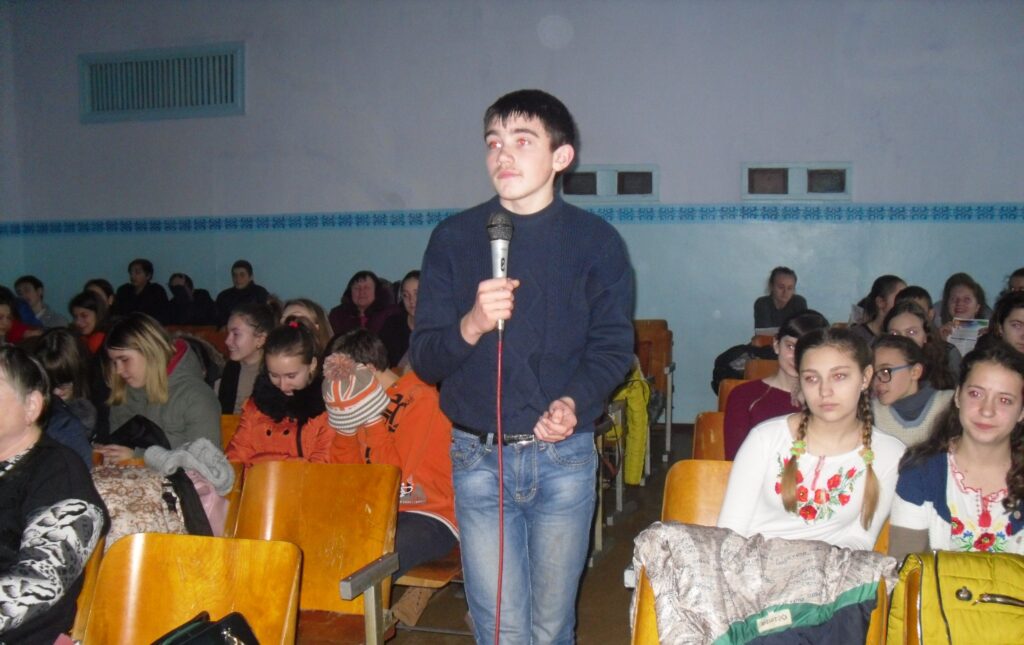 #UkraineGoesGlobal
#UkraineGoesGlobal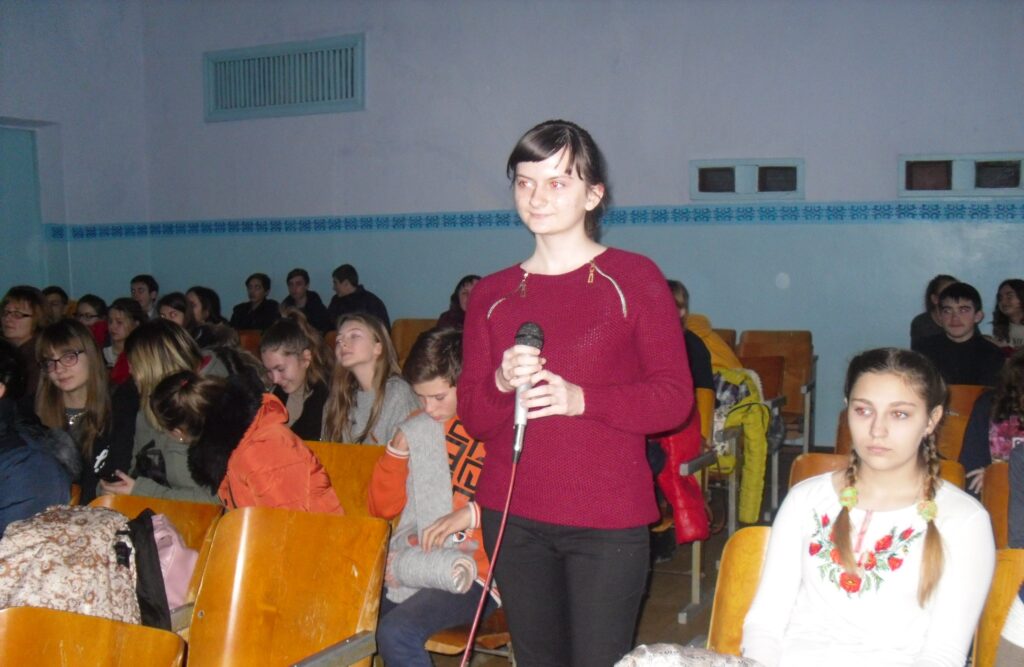 #UkraineGoesGlobal
#UkraineGoesGlobal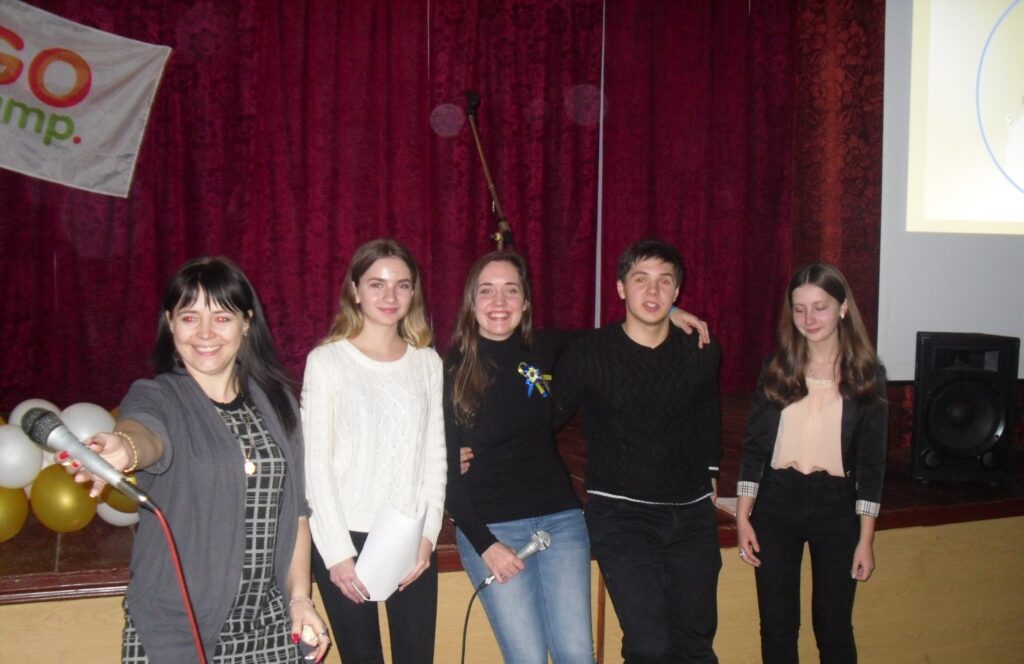 #UkraineGoesGlobal
#UkraineGoesGlobal
Do I have to be a student to be able to take part in the Erasmus+ programme?
You do not have to be a student to be able to go abroad with Erasmus+! You can take part in the European Voluntary Service (EVS) or in different youth exchanges. Young people who are between 17 and 30 years old can go abroad for a period of 2 weeks to 12 months. You can do many different activities, such as working with elderly or young people, or supporting ecological or cultural projects. Usually, through the grant from the EU, you can receive free accommodation with other international volunteers, insurance, reimbursement for travel costs, monthly “pocket money” and sometimes the opportunity to do a language course. This is a great way to get some work experience, meet with young people from different countries, spend some time abroad and, most importantly, to open up your mind!
You can find more information via the European Youth Portal or the Salto-Youth Resource Centre. Browse the list of accredited EVS organisations and find those you might be interested in cooperating with!
Sasha also shared her experiences participating in different youth exchange projects with Erasmus+. She went on exchanges to Italy and Georgia, and the main topics of her youth work were stereotypes, human rights, intercultural dialogue and racism within society.
In order to be able to take part in these exchanges, you should have an intermediate level of English and an interest in the topic. For these short-term exchanges, the organisers cover accommodation, food and visa costs and they partly reimburse the travel costs. According to Sasha, everyone should participate in such a youth exchange because: “[Through] these projects, you will meet many other interesting people, improve your communication skills and learn about the importance of non-verbal communication. You will also understand how an environment forms a personality.”
Be part of the international community! Join the “Young European Neighbours” network on Facebook, where you can get some tips and learn about the latest competitions and opportunities for youth! And if you have any questions, you can always ask us. That’s why this group was created – because communicating and sharing makes us #StrongerTogether!
Dorothea Tkadleckova, Czech Republic
“This event will remain in my memory for a long time. I was impressed. Dorothea prepared everything very well. She prepared many different videos, interesting pictures and an excellent presentation. She told an interesting story about how she came to us in Snihurivka. I saw that the audience was delighted. Dorothea also said that in Ukraine, everyone has a chance to take part in Erasmus+. At the end, she answered the questions of pupils and teachers with pleasure. It was a great opportunity to communicate with an English speaker and learn about each other. I am very glad that Dorothea organised such a wonderful event! It was cool to take part in it and I think that everyone was satisfied!”
Kristina (presentation assistant), 14 years old
LATEST

Building Europe: Poland’s experience of joining the European Union and lessons for Ukraine

World Health Day 2024: My Health, My Right

EUREKA MEETS EUROPE – opportunities to develop and study. My experience

Can you wear pink in the workplace?
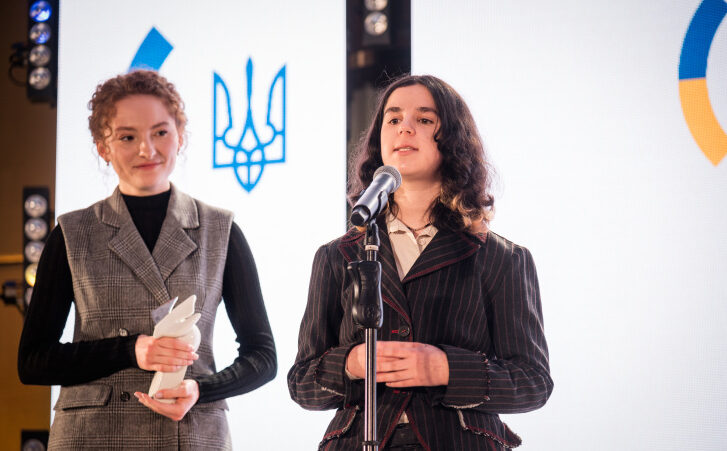
Go where your deepest fears lie: finding the courage to overcome gender barriers in STEM
More campaign pages:
Interested in the latest news and opportunities?
This website is managed by the EU-funded Regional Communication Programme for the Eastern Neighbourhood ('EU NEIGHBOURS east’), which complements and supports the communication of the Delegations of the European Union in the Eastern partner countries, and works under the guidance of the European Commission’s Directorate-General for Neighbourhood Policy and Enlargement Negotiations, and the European External Action Service. EU NEIGHBOURS east is implemented by a GOPA PACE-led consortium. It is part of the larger Neighbourhood Communication Programme (2020-2024) for the EU's Eastern and Southern Neighbourhood, which also includes 'EU NEIGHBOURS south’ project that runs the EU Neighbours portal.

The information on this site is subject to a Disclaimer and Protection of personal data. © European Union,